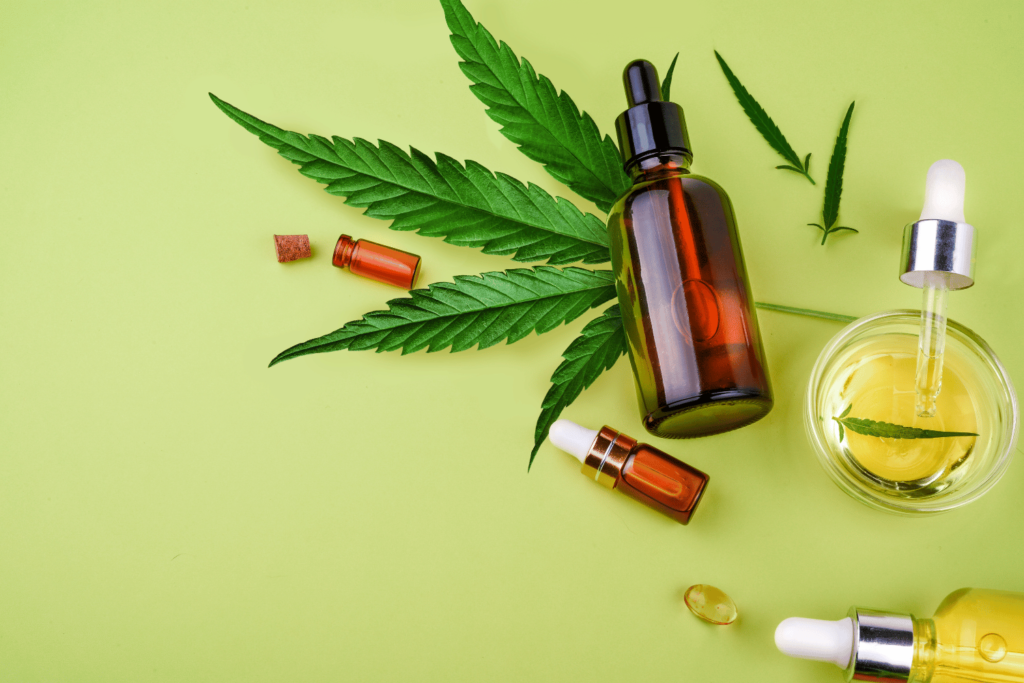Introduction
Are you looking for a way to lower your cholesterol levels without having to take prescription medications? If so, you may have heard about Cannabidiol (CBD) oil as a potential solution. But can CBD really help with lowering cholesterol? In this article, we will look at the pros and cons of using CBD for this purpose to help you decide if it’s the right choice for you.
What Is Cholesterol?
Before we dive into discussing how CBD might be able to help lower your cholesterol levels, let’s first get an understanding of what exactly cholesterol is and why it’s important. Cholesterol is a waxy substance that is naturally produced in our bodies and helps to facilitate many of its processes, including digestion, hormone production, and even cell development. In small amounts, it’s actually very beneficial. However, when it builds up in our bloodstream due to poor diet and lifestyle choices, medical conditions, or medication intake – it can start to have some serious negative effects on our health, such as increasing the risk for heart disease. To keep these dangerous levels at bay, lifestyle changes like exercise and dietary modifications should always be attempted first. However, sometimes medications like statins need to be taken to keep them under control and reduce the risk of complications down the road!
How Does CBD Work?
Now that we have a better understanding of what cholesterol is, let’s look at how exactly Cannabidiol (CBD) could potentially work in lowering these dangerous levels in our bodies. Research suggests that CBD has anti-inflammatory properties, which could potentially reduce inflammation within the body caused by high levels of LDL (bad) cholesterol. Additionally, studies suggest that cannabinoids found within cannabis plants also have potential cardiovascular protecting properties, which could further help protect against future heart issues related to excessive build-up in this area as well! Again though, any sort of self-treatment plan involving cannabinoids should still be discussed with your doctor beforehand just in case there are any contraindications related specifically to your individual health status & history before using them therapeutically!

What Types Of Products Are Available?
When it comes time to purchase your own supply products containing cannabidiol (CBD), there are quite a few different options available depending upon preferences & needs. Not only will you need to decide between quality organic brands but also between types such as full-spectrum versus isolate formulas – both contain unique properties which will affect the overall experience when consuming them, so keep in mind while shopping around! Additionally, certain methods like vaping may even be illegal depending upon living location, so make sure double check local laws before ordering anything online! Lastly, pricing also plays an important role since these types of products tend to be somewhat pricey compared to other treatments normally used to manage symptoms associated with high cholesterol levels, such as prescription medications or cognitive therapy sessions, so definitely compare prices carefully prior to making any purchases!
Can I Use Cannabis Legally For Lowering Cholesterol Levels?
The legalities surrounding using cannabis, specifically treating conditions like high cholesterol, vary greatly from state to state, so again, the best practice is to contact an attorney attempting any sort of self-treatment plan involving cannabinoids! That being said, many states have started passing legislation allowing forms of medical marijuana cards access specifically prescribed oil formulas under physician supervision – doing homework beforehand is key here too!
What Are The Potential Side Effects Associated With Using Cannabinoids To Lower Cholesterol?
Potential side effects associated with using cannabinoids to lower cholesterol include dry mouth, dizziness, low blood pressure, and fatigue if consumed too much over a period of time. These reactions may vary from person to person, depending on individual physiology and dosage taken. It is important to always err on the side of caution and speak to a doctor about any concerns prior to taking them.
Conclusion
In conclusion, while cannabidiol (CBD) is still somewhat new in the world of natural treatments and its effects specifically treating high cholesterol remain unknown without a doubt until additional, comprehensive clinical trials are conducted in order to confirm its efficacy scientifically. Recent animal studies suggest certain forms of cannabinoids could potentially provide relief from concerning inflamed areas by normalizing cholesterol levels over time under physician recommendations – if legal within specified areas. However, a great deal more research would be needed to prove or disprove these findings definitively one way or another. In either case, considering the potential benefits versus the possible risks of taking cannabinoids for lowering cholesterol certainly makes it worth exploring.




